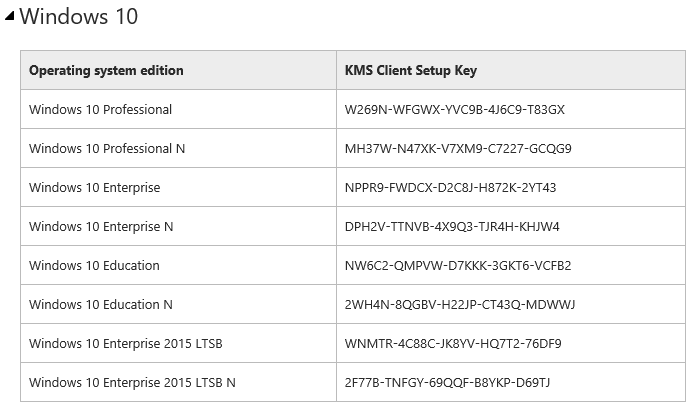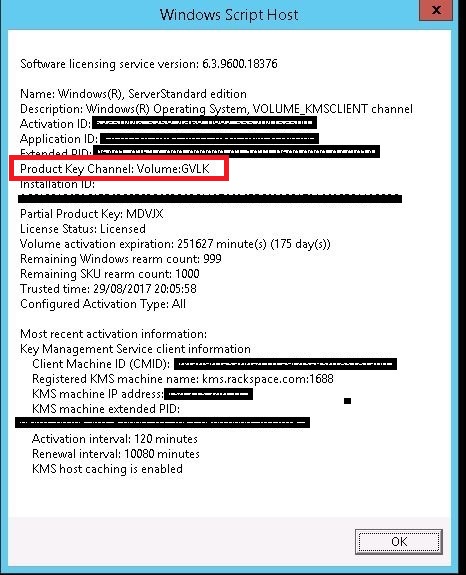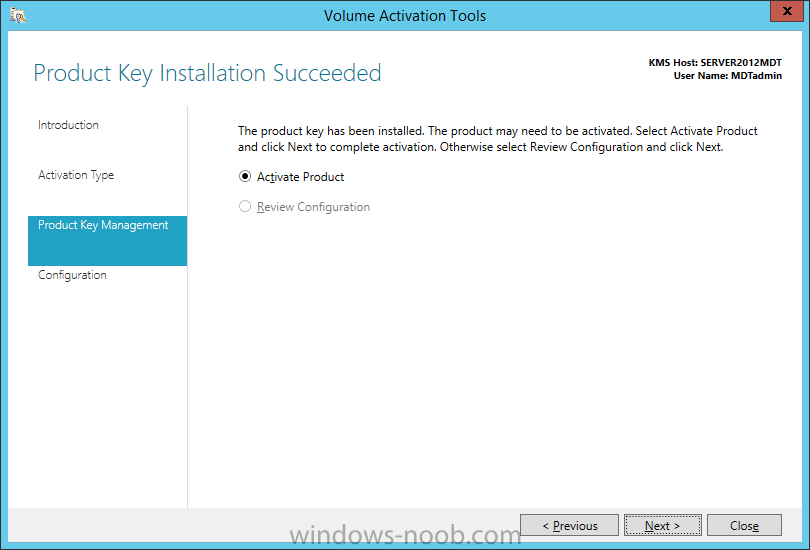Understanding Windows 10 Key Management Service (KMS) and Client Keys
Related Articles: Understanding Windows 10 Key Management Service (KMS) and Client Keys
Introduction
In this auspicious occasion, we are delighted to delve into the intriguing topic related to Understanding Windows 10 Key Management Service (KMS) and Client Keys. Let’s weave interesting information and offer fresh perspectives to the readers.
Table of Content
Understanding Windows 10 Key Management Service (KMS) and Client Keys

The Windows 10 Key Management Service (KMS) is a licensing system designed for organizations with multiple computers. It offers a centralized approach to managing product activation, simplifying the process for large-scale deployments. This system relies on two key elements: the KMS host and the KMS client keys.
The Role of KMS Host and KMS Client Keys
The KMS host is a server that acts as the central authority for activation. It stores activation information and grants licenses to client computers. KMS client keys, on the other hand, are unique identifiers embedded within the operating system of each client computer. These keys are essential for activating the system by communicating with the KMS host.
Activation Process Through KMS
When a client computer boots up with a KMS client key, it attempts to connect to the KMS host. If the connection is successful, the client computer sends a request for activation. The KMS host verifies the client’s key and, if valid, grants a temporary activation license. This license typically lasts for 180 days.
Benefits of KMS Activation
Utilizing KMS activation offers several advantages for organizations:
- Simplified Activation: KMS streamlines the activation process, eliminating the need for individual product keys for each computer. This simplifies deployment and reduces the administrative burden.
- Centralized Management: The KMS host acts as a central point for managing activation, allowing administrators to easily monitor and control licenses across the entire network.
- Reduced Licensing Costs: KMS activation can be more cost-effective than traditional volume licensing methods, especially for organizations with a significant number of computers.
Understanding KMS Client Keys
KMS client keys are specific to the edition of Windows 10. They are not interchangeable between different versions. For example, a KMS client key for Windows 10 Pro will not work for Windows 10 Enterprise.
Obtaining KMS Client Keys
KMS client keys are typically obtained through volume licensing programs, such as Microsoft’s Open License or Enterprise Agreement. These programs provide organizations with access to KMS keys and other licensing resources.
Importance of KMS Client Keys
KMS client keys are essential for activating Windows 10 on client computers using the KMS system. Without a valid KMS client key, computers will not be able to connect to the KMS host and obtain an activation license.
FAQs about Windows 10 KMS Client Keys
1. Can I use a KMS client key for a single computer?
No, KMS client keys are designed for use with multiple computers within a network. They are not intended for single-computer activations.
2. How do I know which KMS client key to use?
The correct KMS client key depends on the specific edition of Windows 10 you are using. Refer to your volume licensing documentation or contact Microsoft support for assistance.
3. What happens if my KMS client key is invalid?
If the KMS client key is invalid, the computer will not be able to activate and may display an error message.
4. Can I change the KMS client key after activation?
Once a computer is activated using a KMS client key, you cannot change it. You will need to deactivate the computer and then activate it using the new KMS client key.
5. Can I use a KMS client key on a different network?
No, KMS client keys are tied to the specific network where they were originally activated. Using them on a different network will not result in activation.
Tips for Using KMS Client Keys
- Verify the KMS client key: Ensure that you are using the correct KMS client key for your edition of Windows 10.
- Keep the KMS host active: The KMS host must be running and accessible for client computers to activate.
- Monitor activation status: Regularly check the activation status of client computers to ensure that they are properly licensed.
- Follow Microsoft’s guidelines: Adhere to Microsoft’s licensing terms and conditions when using KMS client keys.
Conclusion
Windows 10 KMS client keys play a critical role in managing and activating Windows 10 within organizations. By understanding the KMS system and the importance of client keys, organizations can streamline their activation processes, reduce licensing costs, and ensure that their computers are properly licensed.








Closure
Thus, we hope this article has provided valuable insights into Understanding Windows 10 Key Management Service (KMS) and Client Keys. We hope you find this article informative and beneficial. See you in our next article!